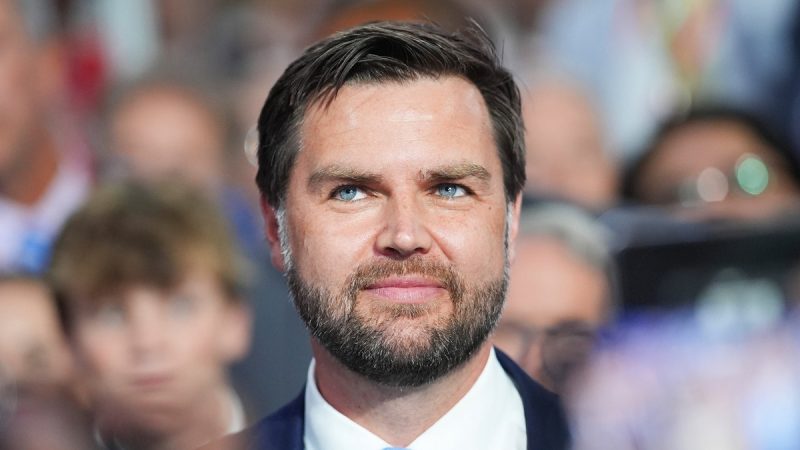In a tumultuous geopolitical landscape, the United States finds itself grappling with the nuances of foreign policy decisions that impact not only its citizens but also global dynamics. With the highly-anticipated Republican National Convention (RNC) speech by Vance on the horizon, the spotlight is on America’s stance of America First regarding foreign relations.
One of the key pillars of Vance’s version of America First foreign policy is emphasizing the protection and promotion of American interests above all else. This approach aims to recalibrate foreign engagements to align more closely with domestic priorities, asserting the United States’ global leadership in a manner that prioritizes its own citizens.
The prioritization of economic nationalism is another tenet of Vance’s America First foreign policy. The belief in protecting American industries, jobs, and economic wellbeing from perceived external threats has been a driving force in shaping trade policies and international agreements. By promoting fair and reciprocal trade deals, Vance seeks to secure American economic interests while fostering opportunities for growth and prosperity at home.
Furthermore, the strategic recalibration of alliances and partnerships forms a crucial aspect of the America First doctrine. Vance aims to reassess existing alliances, ensuring that they align with the evolving geopolitical landscape and serve America’s interests effectively. This approach involves a more pragmatic evaluation of international relationships, taking into account factors such as mutual benefits, shared values, and strategic imperatives.
Complementing these principles is the emphasis on a robust national defense strategy. Vance advocates for bolstering military capabilities and readiness to safeguard American sovereignty and security interests. By investing in defense capabilities and modernizing military infrastructure, the United States can better protect itself against emerging threats and project strength on the global stage.
The intersection of technology and national security is also a priority under Vance’s America First foreign policy. Recognizing the transformative role of technology in shaping modern warfare and security challenges, Vance emphasizes the need for innovation, preparedness, and strategic foresight in leveraging technological advancements to advance national security objectives.
In conclusion, Vance’s America First foreign policy underscores a strategic realignment of U.S. engagement with the world, rooted in the protection of American interests, economic nationalism, recalibration of alliances, defense readiness, and technological innovation. As the nation prepares to hear Vance’s perspective on these critical issues at the upcoming RNC speech, the spotlight remains on how these principles will shape America’s role on the international stage in the years to come.




























